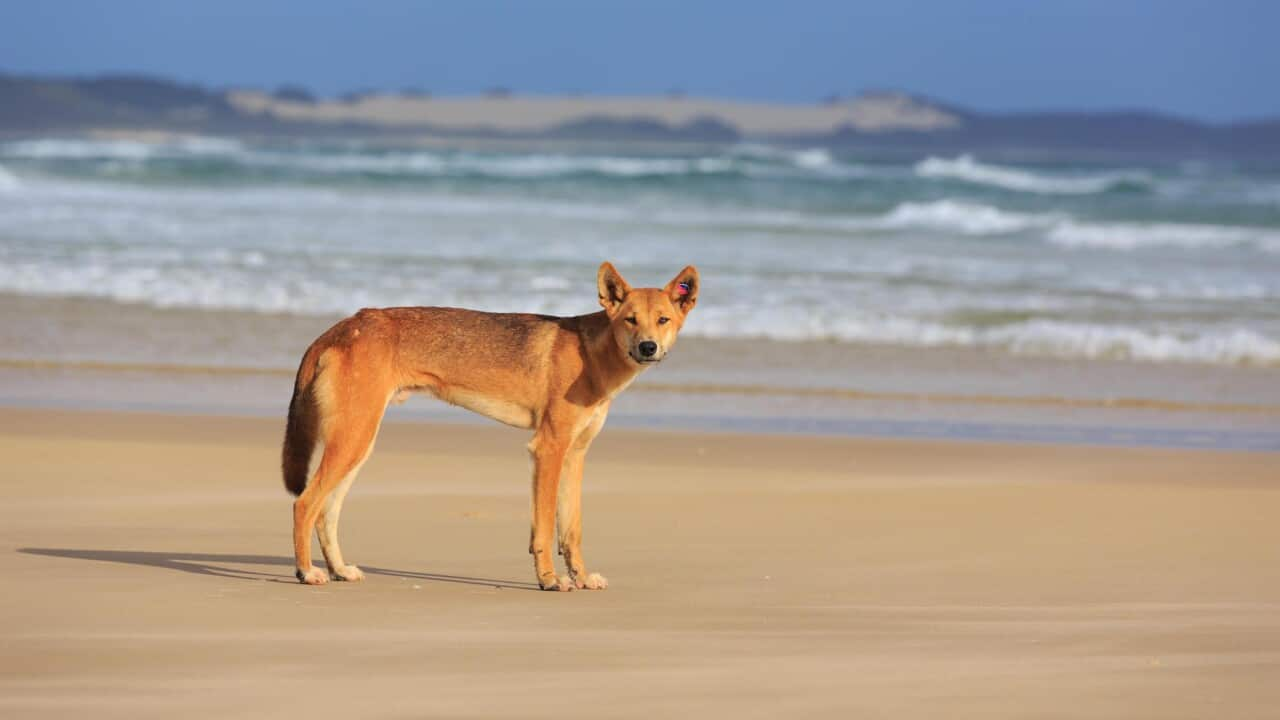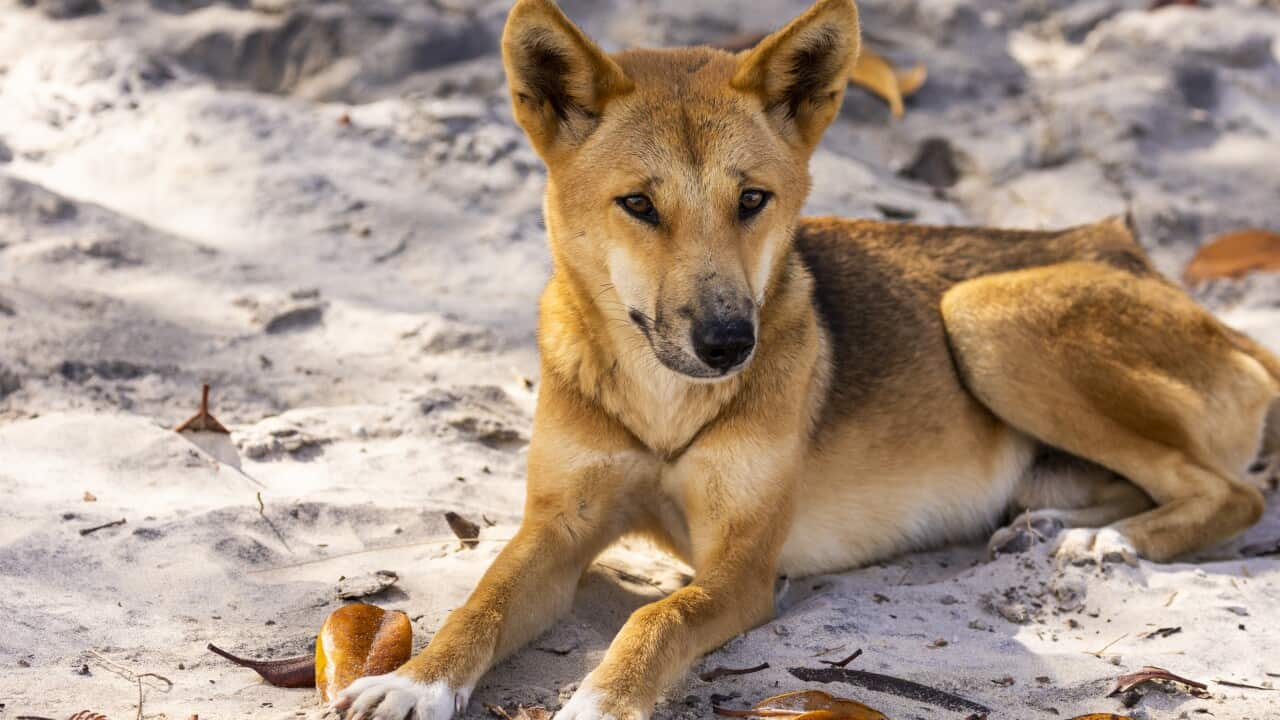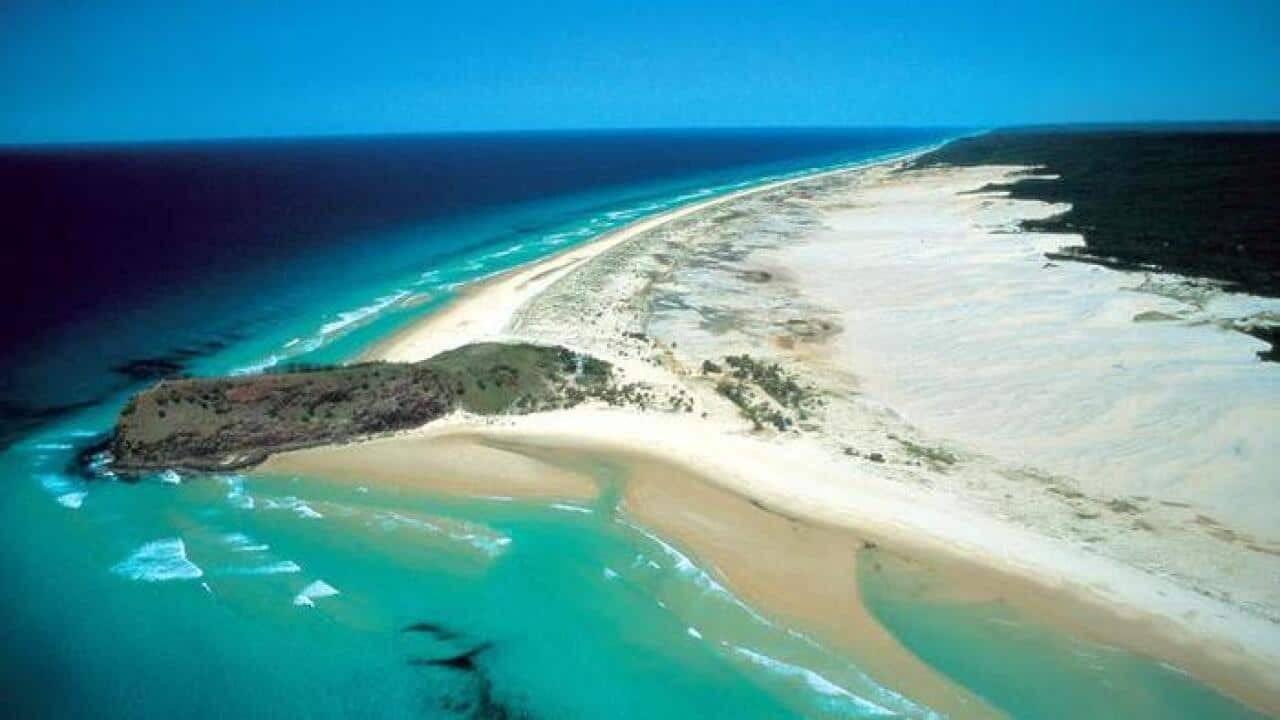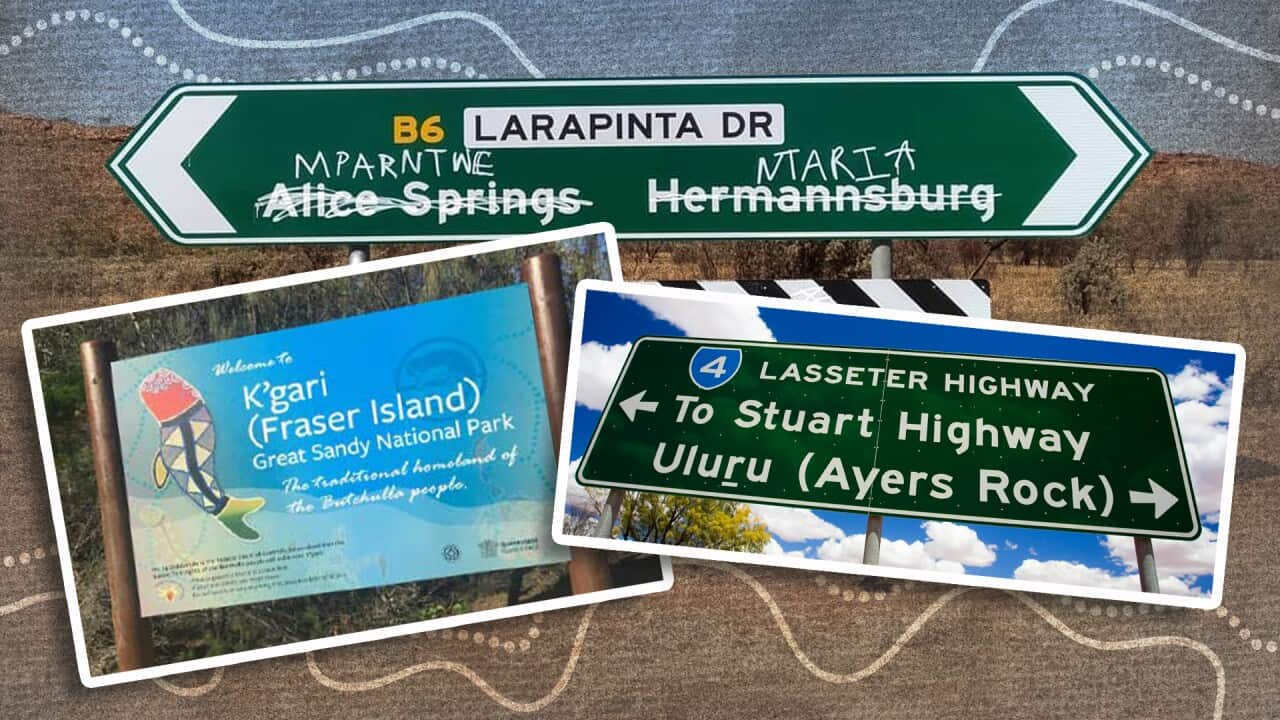Queensland’s new environment minister, Andrew Powell, is facing criticism from Butchulla Traditional Owners and environmental groups after refusing to implement a cap on visitors to K'gari (formerly Fraser Island), a World Heritage-listed site.
The decision risks irreparably damaging the island’s delicate ecosystem and cultural heritage, the Butchulla Aboriginal Corporation (BAC) says.
Butchulla woman and BAC secretary Christine Royan voiced strong concerns about overcrowding.
Ms Royan described the situation as “destroying the island,” highlighting the growing pressure on its environment and wildlife as visitation numbers continue to rise.
K'gari attracts hundreds of thousands of tourists annually, a trend that has been increasing steadily in recent years.
Traditional Owners have long called for measures to curb visitor numbers, aiming to protect both the island’s unique biodiversity and its cultural significance.
A 2022 study supported by the previous Labor state government recommended regulating the number of vehicles allowed on the island during peak periods, specifically on the 20 busiest days of the year.
However, Mr Powell, a member of the Liberal National Party, has dismissed the idea of a visitor cap, stating that the Queensland government has “no intention” of implementing such restrictions.
He pointed to existing booking systems for camping sites as a form of natural cap, suggesting that further measures were unnecessary.
The Butchulla Aboriginal Corporation, which manages native title rights over K'gari, employs Indigenous rangers to help conserve the island.
Royan criticised the government's stance, arguing that its approach treats K'gari as a "cash cow" rather than a protected natural and cultural treasure.
She warned that parts of the island are already at 97 per cent capacity, and further influxes of tourists could lead to the loss of its World Heritage status.
One of the major concerns for both Custodians and conservationists is the impact of increased tourism on K'gari’s wongari (dingo) population.
Rangers attribute wongari attacks to tourists feeding the animals or engaging with them inappropriately, which causes the animals to lose their natural fear of humans.
Recent incidents, including a reported dingo attack on a three-year-old child last weekend, have intensified calls for action.
Despite these concerns, Powell maintained that studies show no clear link between the number of visitors and the frequency of dingo interactions, arguing that peak seasons do not lead to a higher likelihood of attacks.
Royan countered Powell’s assertions, stressing the need for increased staff and education efforts to prevent tourists from feeding the animals or otherwise disrupting their natural behaviour.
“They might as well put all the wongaris down. But it’s not their fault," she said.
"It is because of the amount of visitors that are coming that are not adhering to the rules of K'gari.”












